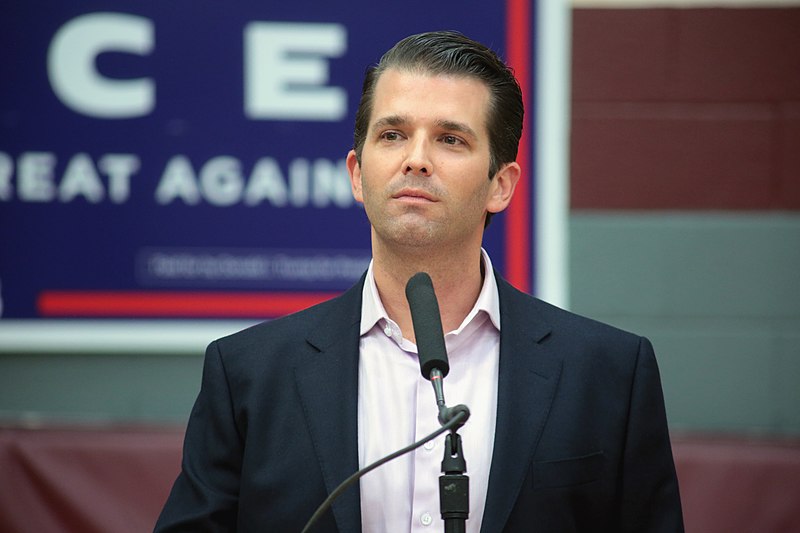
Donald Trump Jr. has emerged as a central figure in shaping his father’s cabinet during the transition to his presidency, according to multiple sources familiar with his involvement.
His influence reflects a push for loyalty and ideological alignment over traditional qualifications, leading to what many describe as one of the most controversial cabinets in modern U.S. history.
Known for valuing loyalty above all, Donald Trump Sr. has often turned to family members for political counsel. This time, it’s Donald Jr. who holds the most sway, leveraging his role to elevate allies and block potential appointees. According to sources close to the process, Donald Jr. has been instrumental in both promoting figures like Senator J.D. Vance for vice president and opposing the inclusion of former Secretary of State Mike Pompeo in the cabinet.
Don Jr. is also set to join the conservative venture capital firm 1789 Capital while continuing his podcast and political advocacy, supporting candidates who reflect the Trump political brand. While his role in the White House is expected to be advisory rather than operational, his influence on key appointments remains significant.
Donald Jr.’s recommendations have prioritized candidates who share his anti-establishment worldview, embracing protectionist economic policies and skepticism of international military engagements. Two of his most controversial picks—Robert F. Kennedy Jr. for a top health position and Tulsi Gabbard as intelligence chief—are already facing scrutiny.
Kennedy, an environmental activist known for spreading vaccine misinformation, and Gabbard, a former Democratic congresswoman who has drawn criticism for her remarks on Ukraine and past meetings with Syrian President Bashar al-Assad, are expected to face contentious confirmation battles in the Senate.
Donald Jr.’s influence helped secure J.D. Vance’s place as Trump’s running mate, boosting his standing as a key advisor. However, not all of his recommendations have been successful. He pushed for Ric Grenell, a personal ally and former ambassador to Germany, to be named secretary of state. Ultimately, Trump chose Senator Marco Rubio, whose more traditional internationalist views were seen as a compromise.
Despite his role in significant appointments, Donald Jr. is not directly involved in all personnel decisions or lower-level appointments, and he is not working full-time on the transition. Speaking on Fox News, he emphasized the administration’s focus on assembling a team that is both “competent and loyal.”
While Ivanka Trump and her husband Jared Kushner played prominent roles during Donald Trump’s 2016 campaign and first term, their involvement in the current transition has been minimal. Kushner has been focused on briefing Steve Witkoff, Trump’s new Middle East envoy, and may continue to contribute informally to Middle Eastern policy. Ivanka, Kushner, and Eric Trump, who runs the Trump Organization, are not expected to take official roles in the new administration.
This reduced reliance on family members may be due to the presence of seasoned aides like Susie Wiles, who led Trump’s most disciplined campaign to date and has been named chief of staff. According to insiders, Trump’s current team is more structured and professional than in previous administrations, reducing the need for family advisors.
With Donald Jr. driving key decisions, Trump’s cabinet choices underscore a deep commitment to reshaping Washington in his father’s image. However, the controversial nature of many appointees, coupled with the administration’s emphasis on loyalty and ideological conformity, is likely to ignite fierce debates in the months ahead. Whether this approach will yield political success or further polarization remains to be seen. Photo by Gage - Gage Skidmore from Peoria, AZ, United States of America, Wikimedia commons.







































